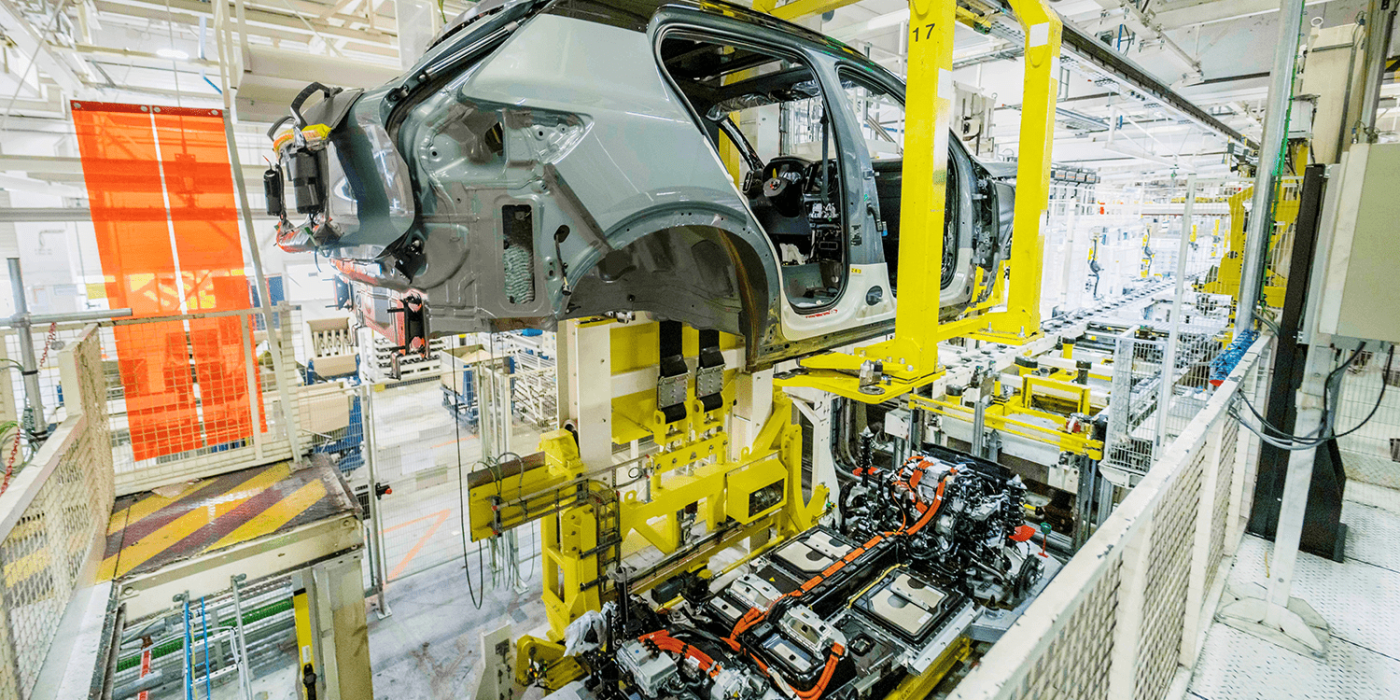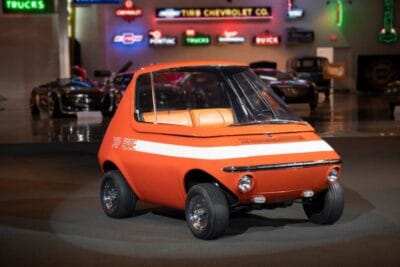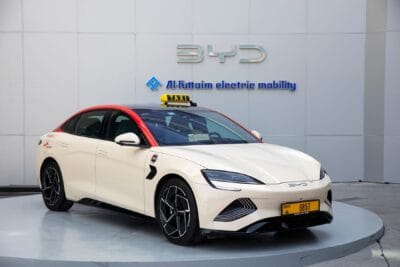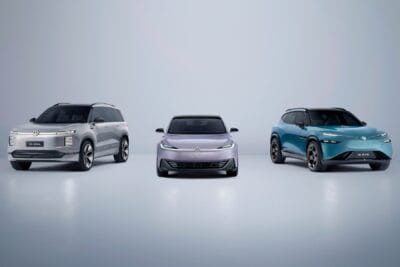Volvo targets 60% EV production in Ghent by 2022
Volvo Cars is tripling the production capacity for electric cars at its plant in Ghent, Belgium. By 2022, electric cars are to account for around 60 per cent of total production capacity there. Among other things, a purely electric version and the PHEV versions of the Volvo XC40 have been produced in Ghent so far.
Volvo has been producing the XC40 P8 Recharge on a single assembly line in Ghent, Belgium, since October 2020, along with the internal combustion and plug-in hybrid versions and the V60. Battery packs for the electric XC40 are also assembled in Ghent and a purpose-built battery assembly line was inaugurated in March 2020. A second all-electric Volvo model will go into production in Ghent later this year. Like the XC40 Recharge and Polestar 2, this too will be based on the CMA modular vehicle architecture and contribute to the growing electric share of production.
While Ghent is the first plant in Volvo’s global production network to start building electric cars, the Swedish company is also planning to increase production capacity for electric cars and EV components at other plants in the near future. Last month, for example, the Group announced plans to build its own electric motor production facility at its powertrain plant in Skövde, Sweden, by the middle of the decade.
“Our future is electric and customers clearly like what they see from our Recharge cars,” said Javier Varela, head of global industrial operations and quality. “As we continue to electrify our line-up and boost our electric production capacity, Ghent is a real trailblazer for our global manufacturing network.”
Volvo subsumes its new BEV and PHEV vehicles under the name ‘Recharge’. For 2020, the Swedish company said they saw strong growth in demand for Recharge models. Volvo says that the EV share of total sales more than doubled in 2020 compared to 2019. In Europe, Recharge vehicles accounted for 29 per cent of total sales, with the latter down 15.5 per cent overall given the difficult economic conditions.
Volvo announced in 2017 that it would no longer sell pure combustion vehicles (model lineups include at least one mild hybrid). In addition, Volvo’s goal is for battery-electric vehicles to account for half of global sales by 2025, with hybrids accounting for the other half.
volvocars.com (production in Ghent), volvocars.com (Recharge models)





0 Comments